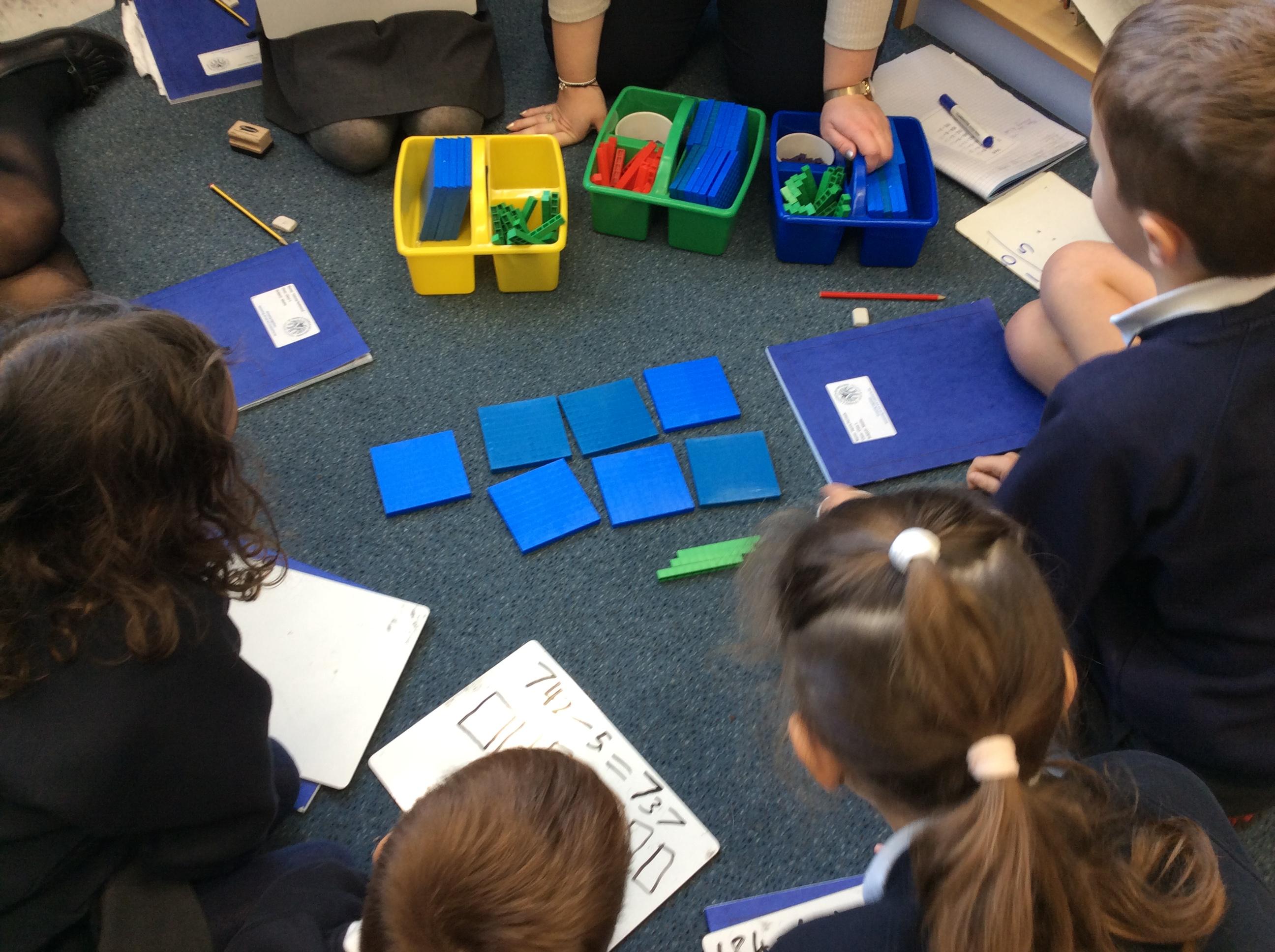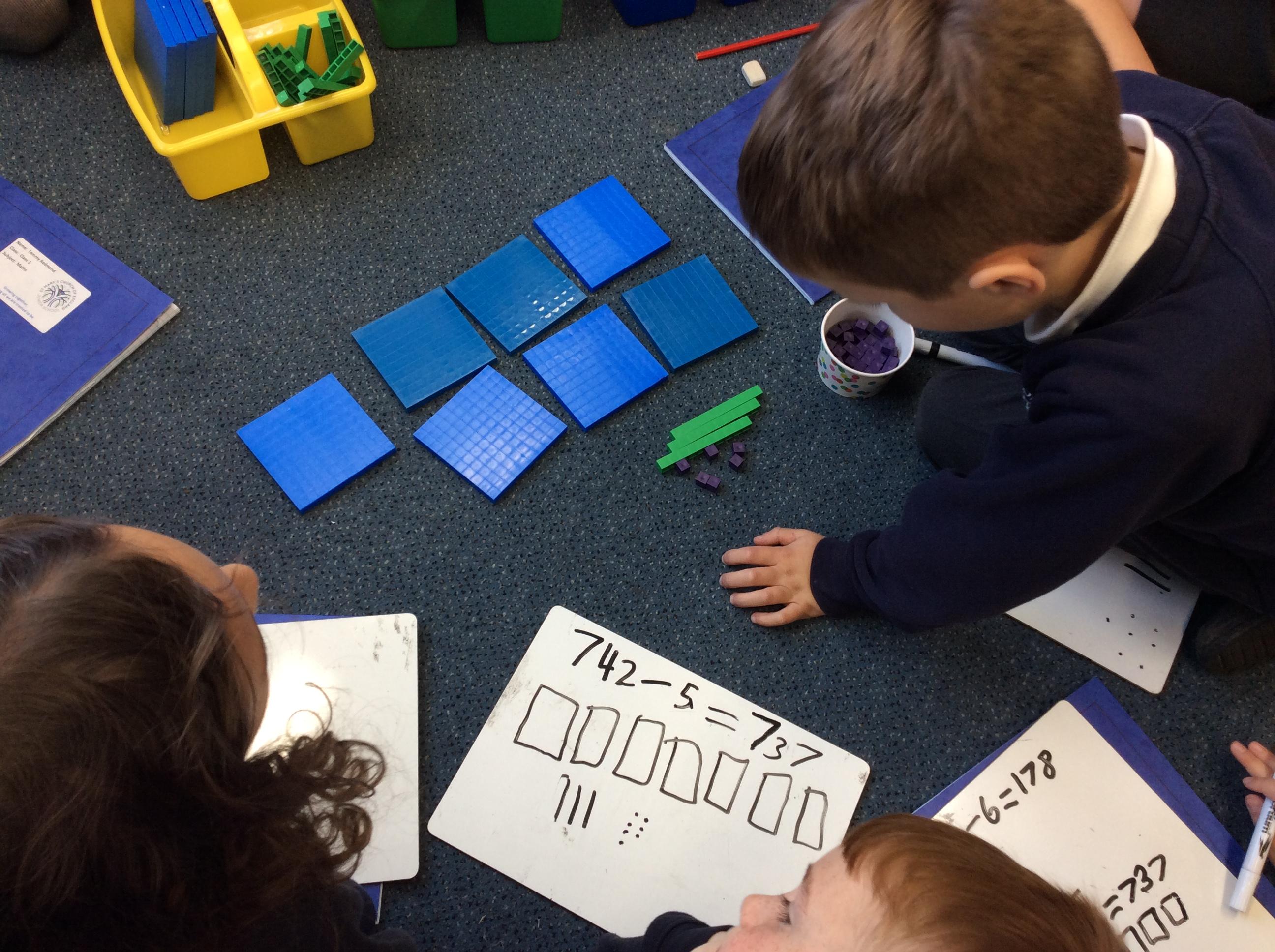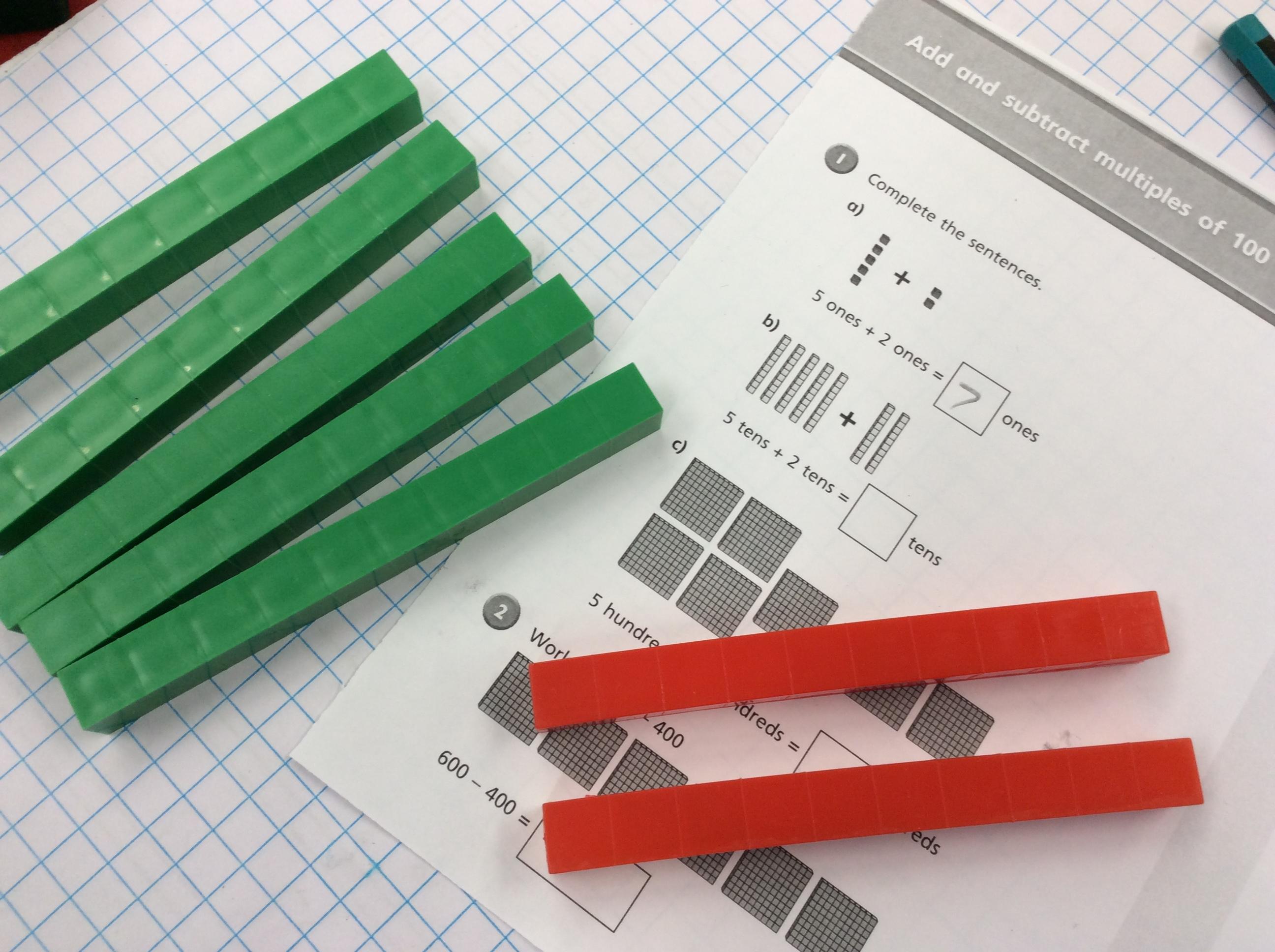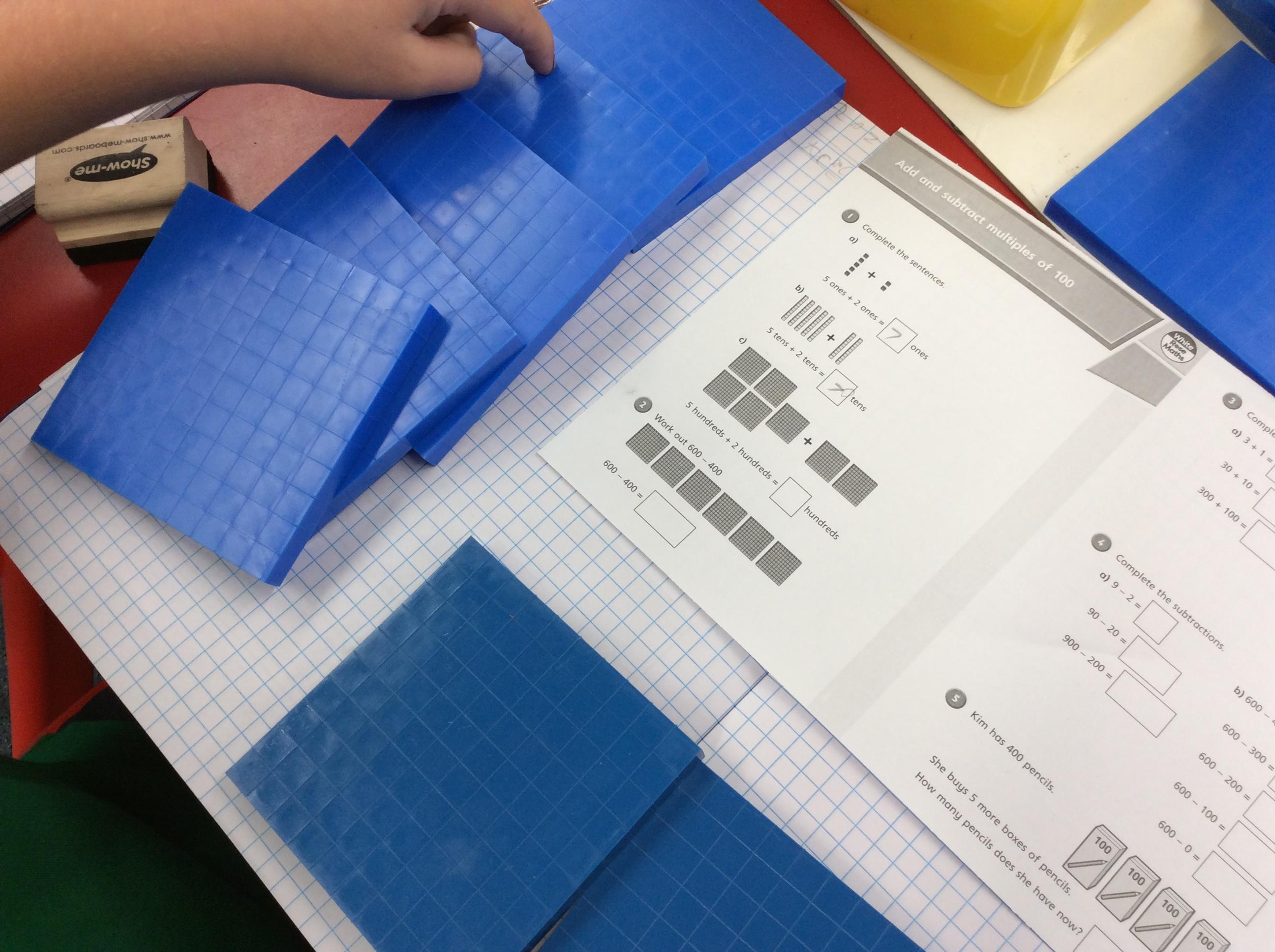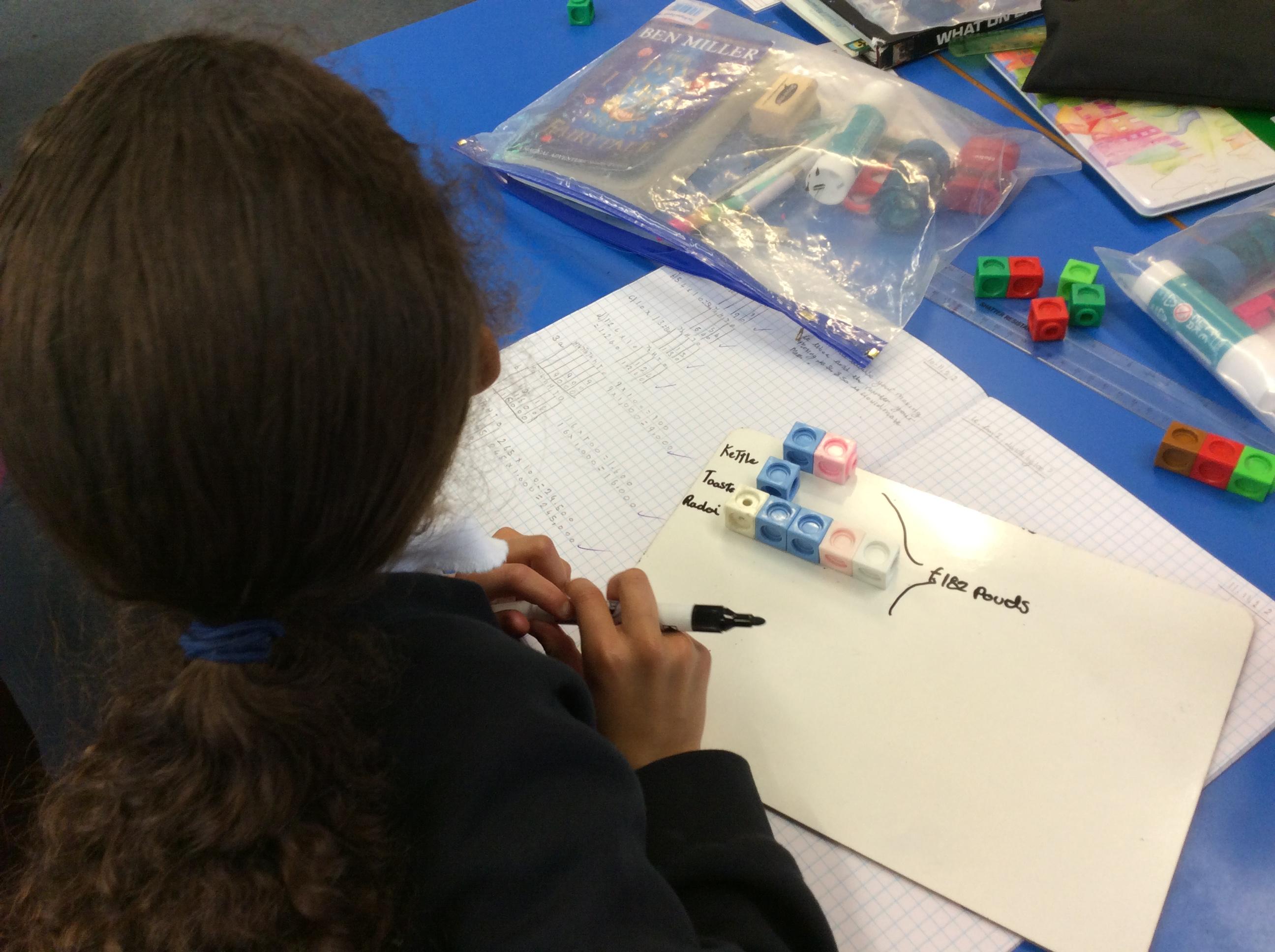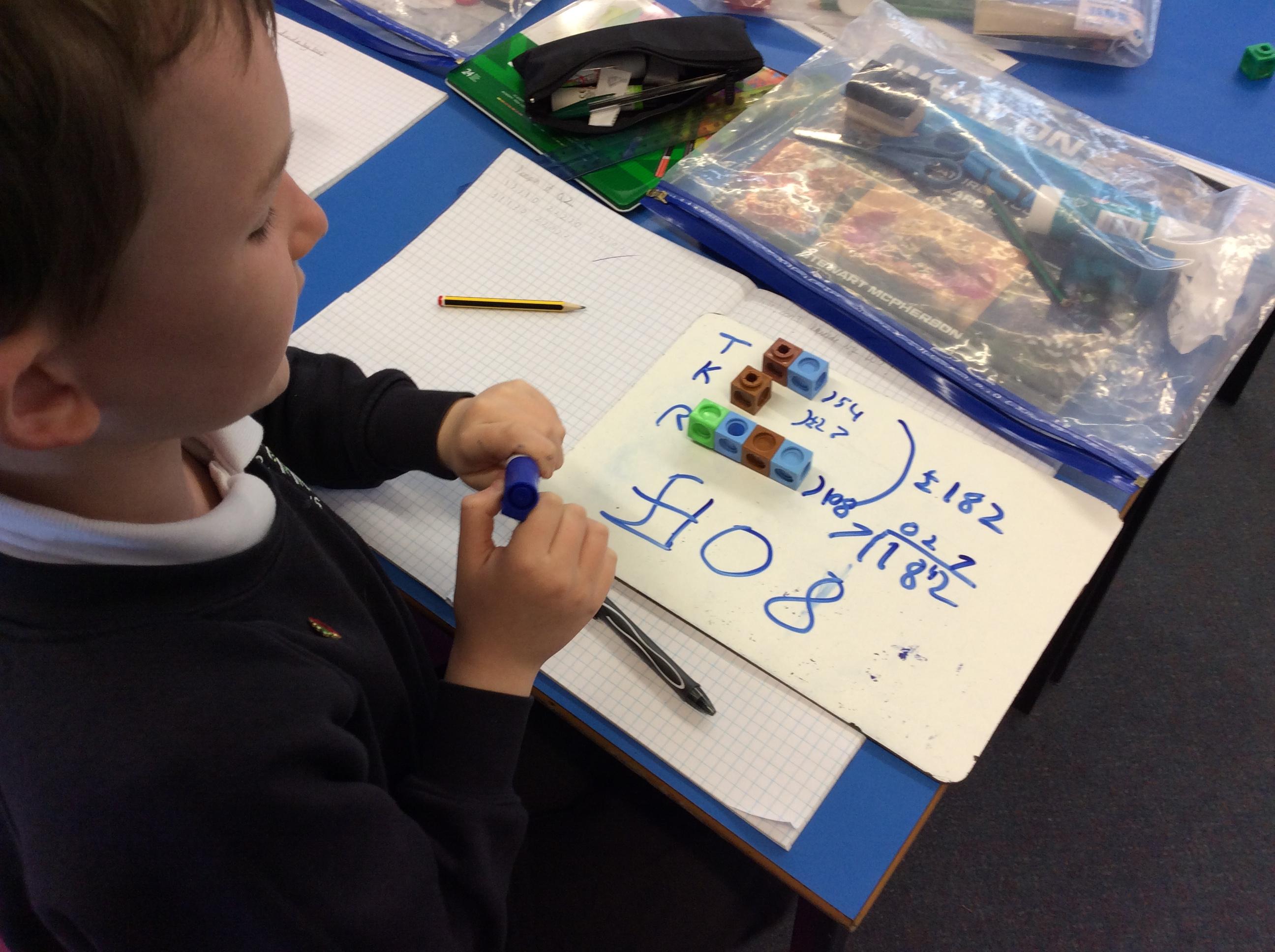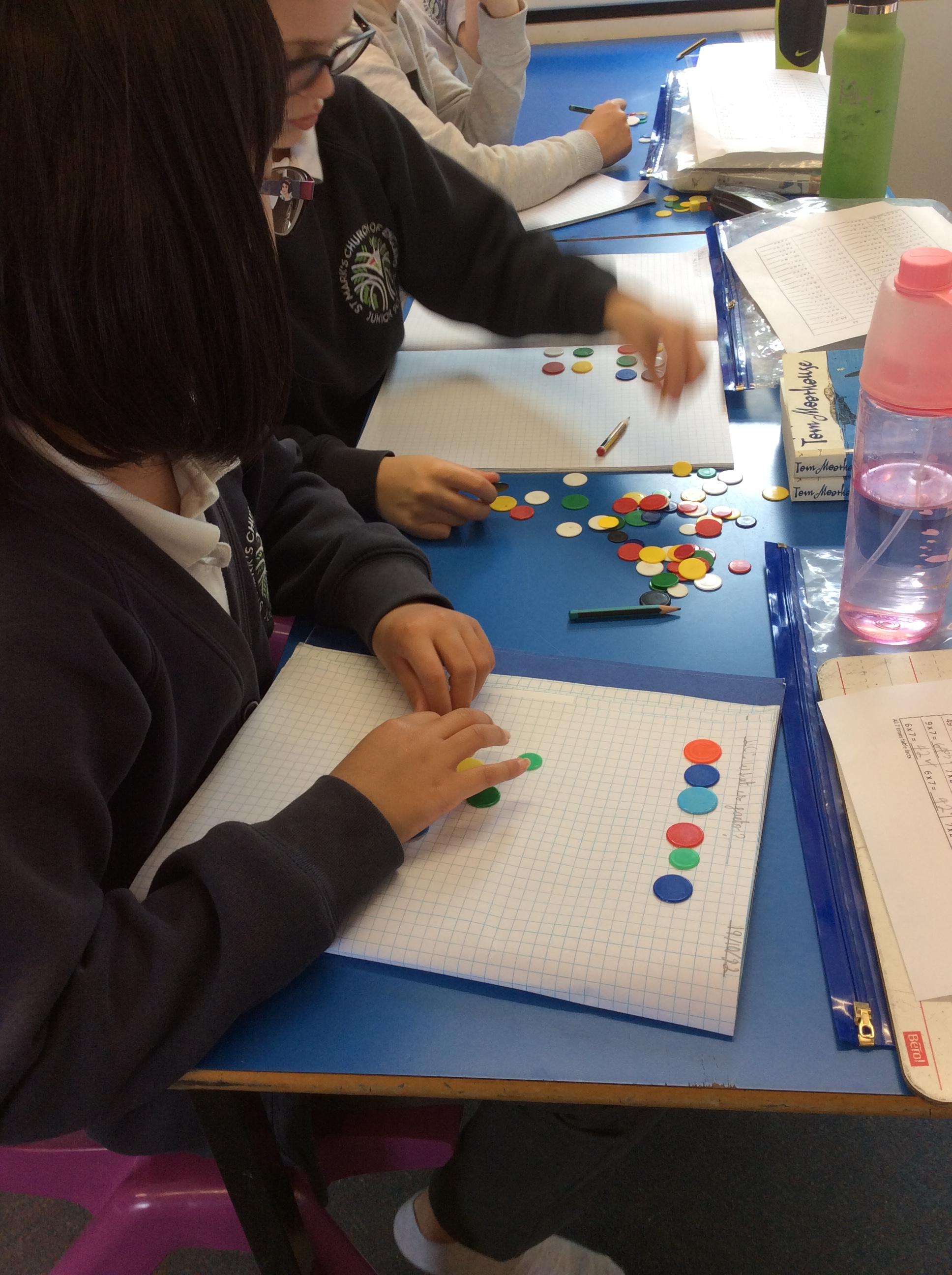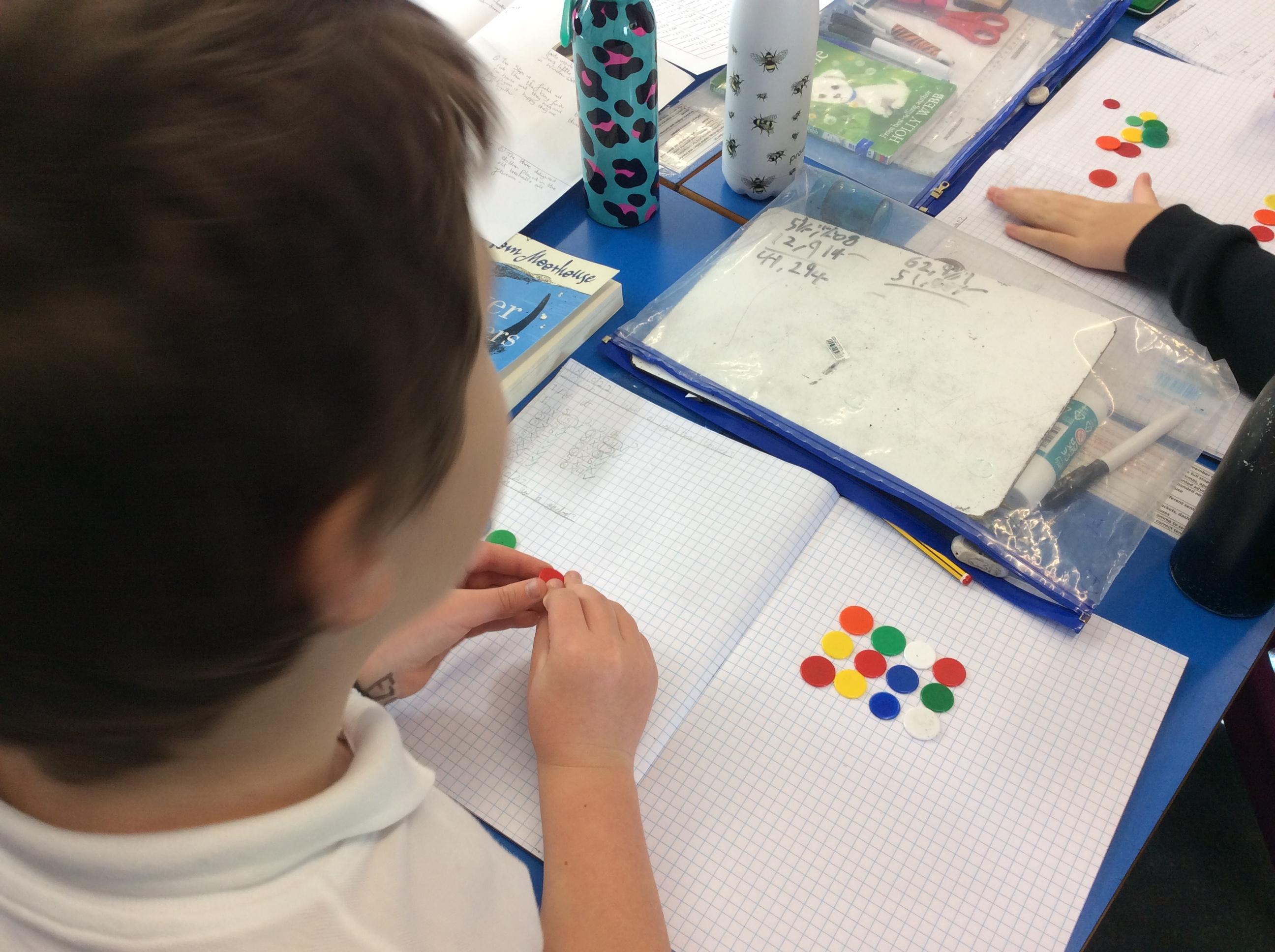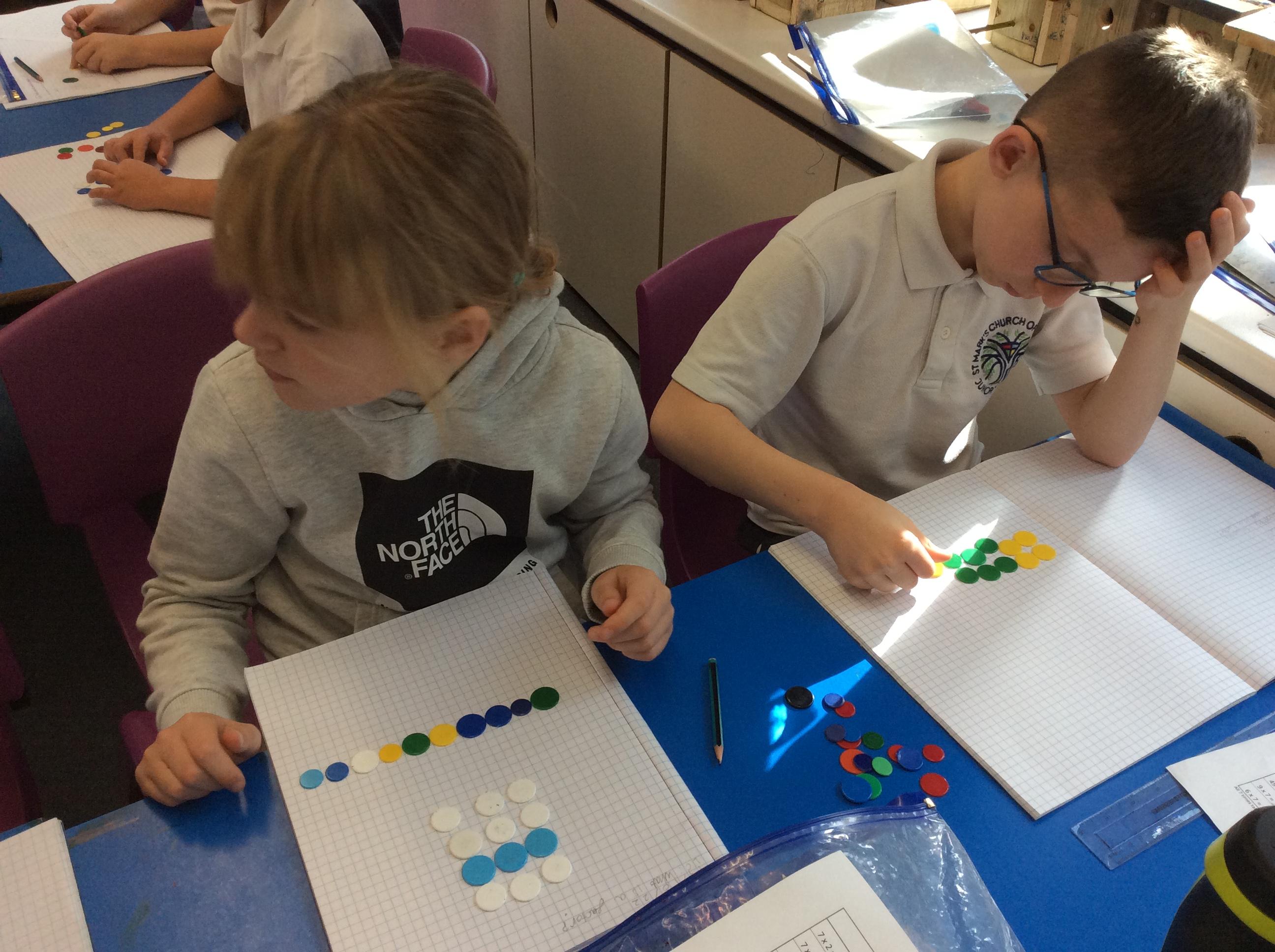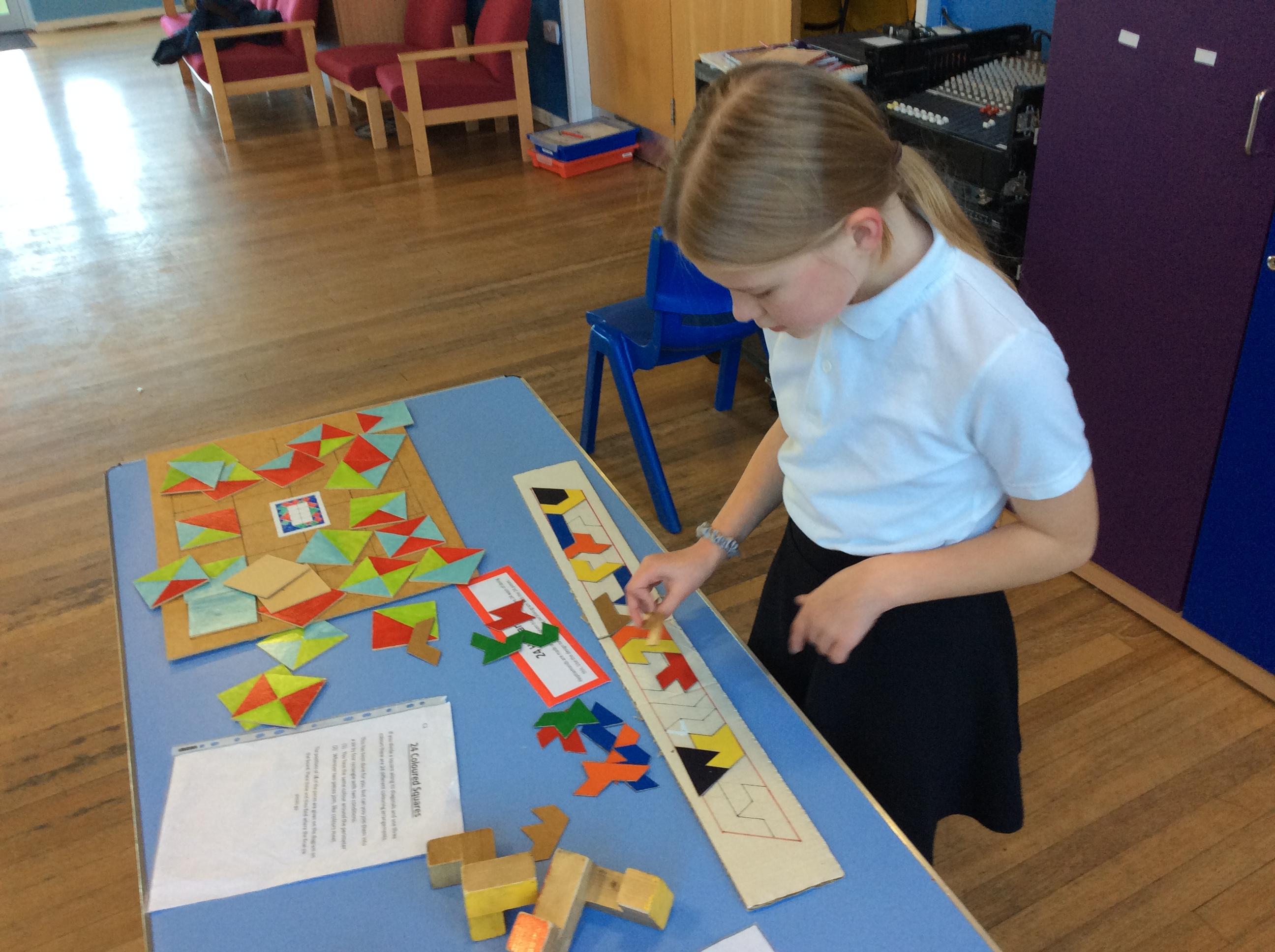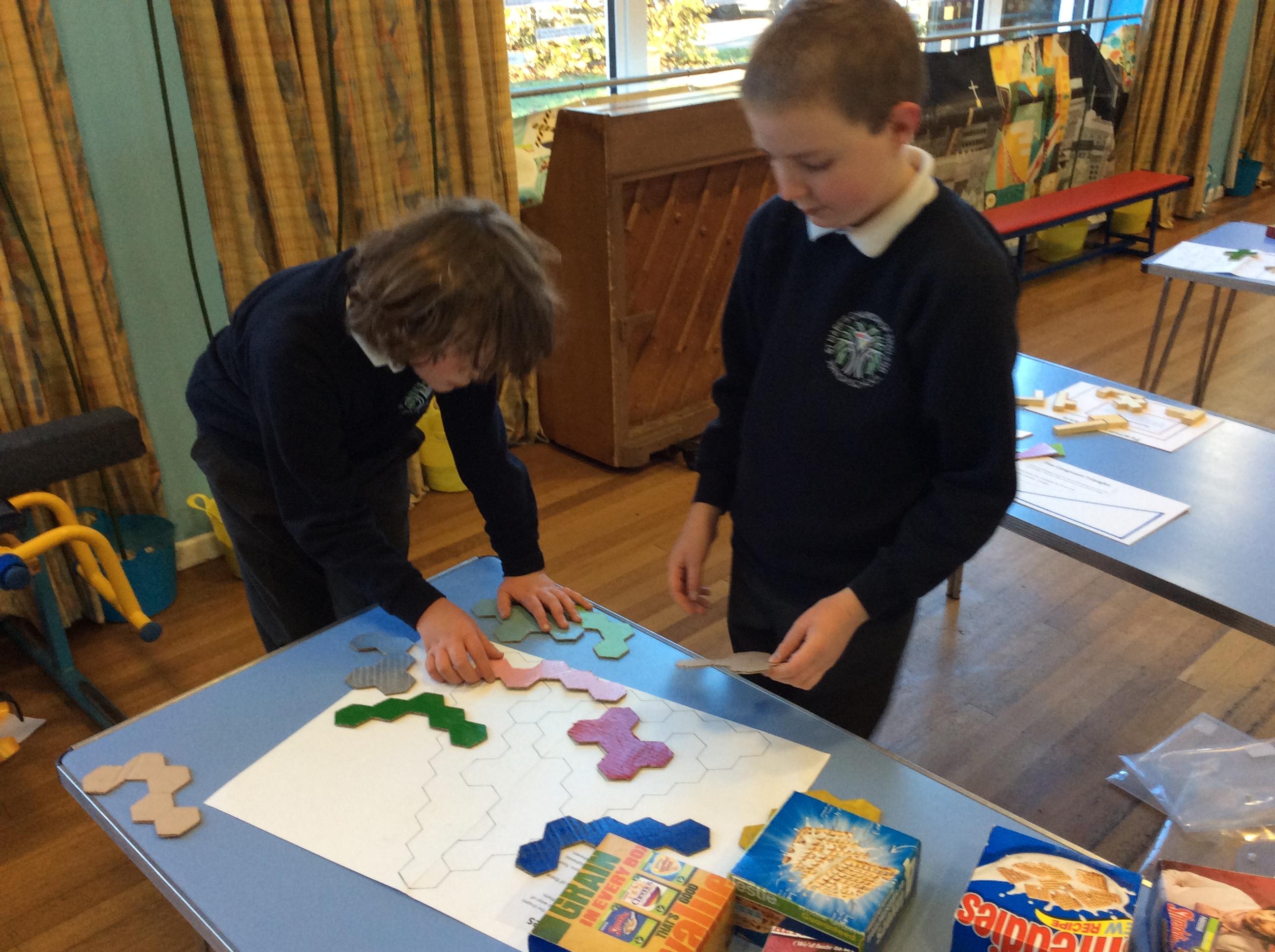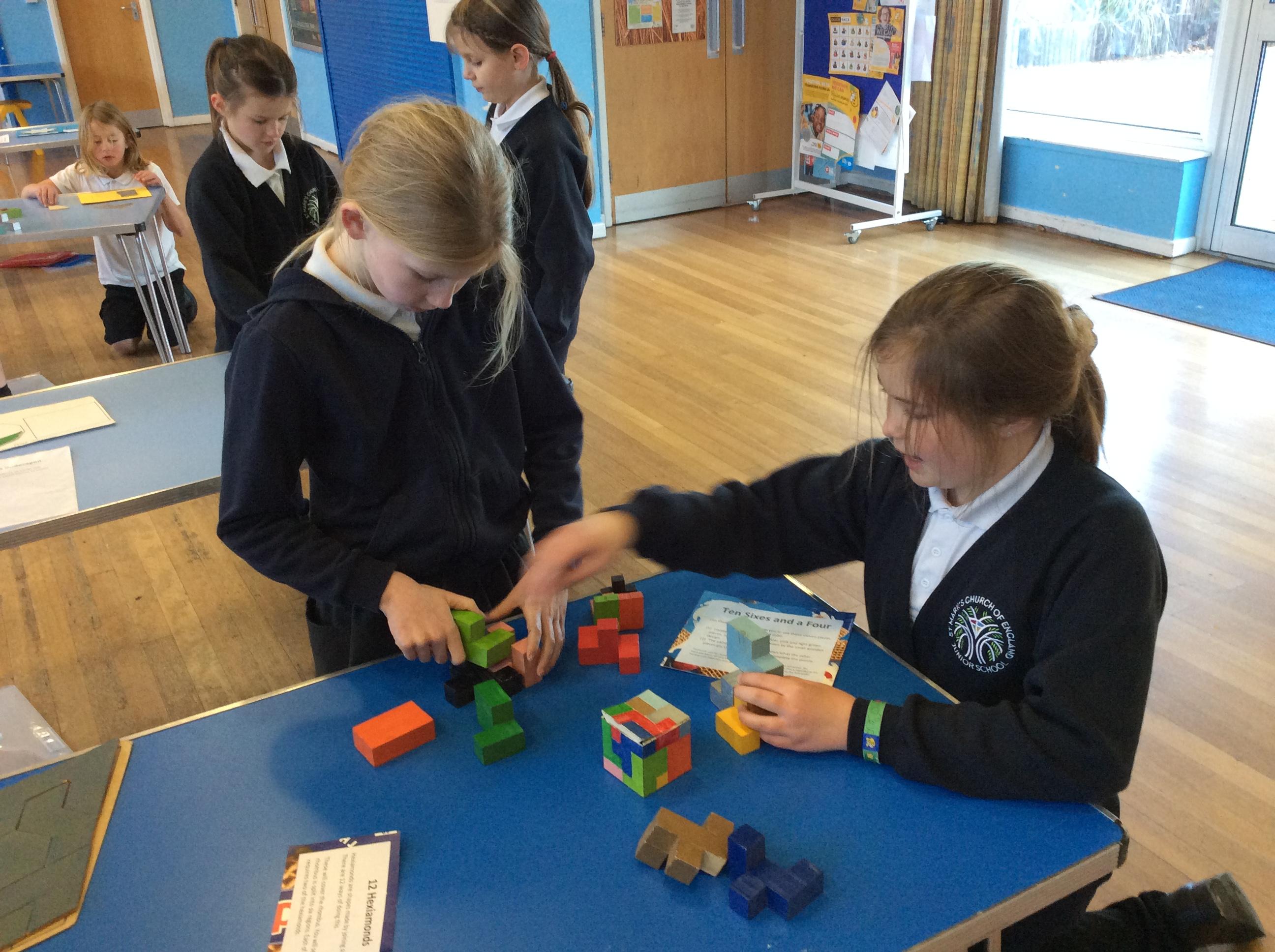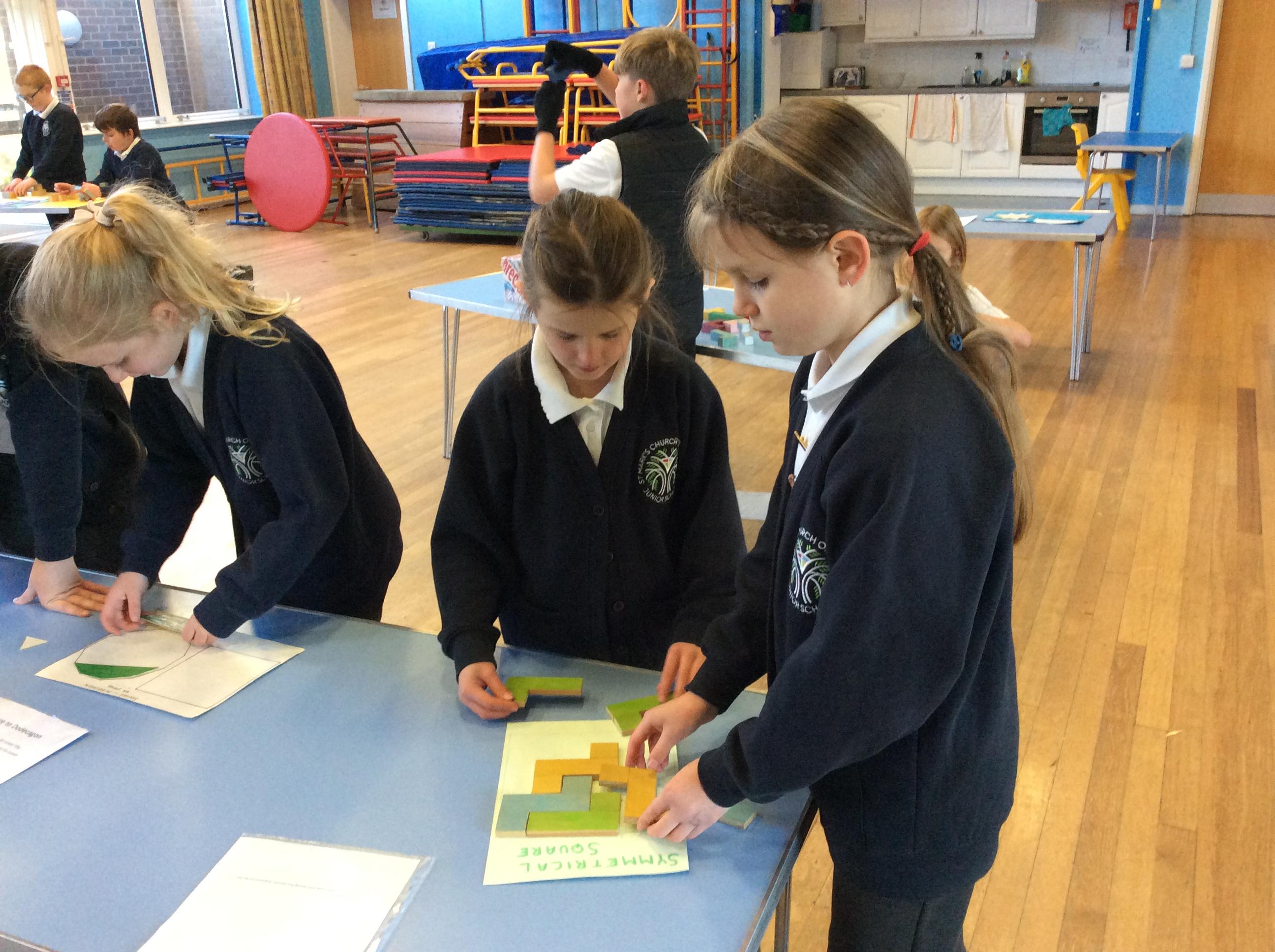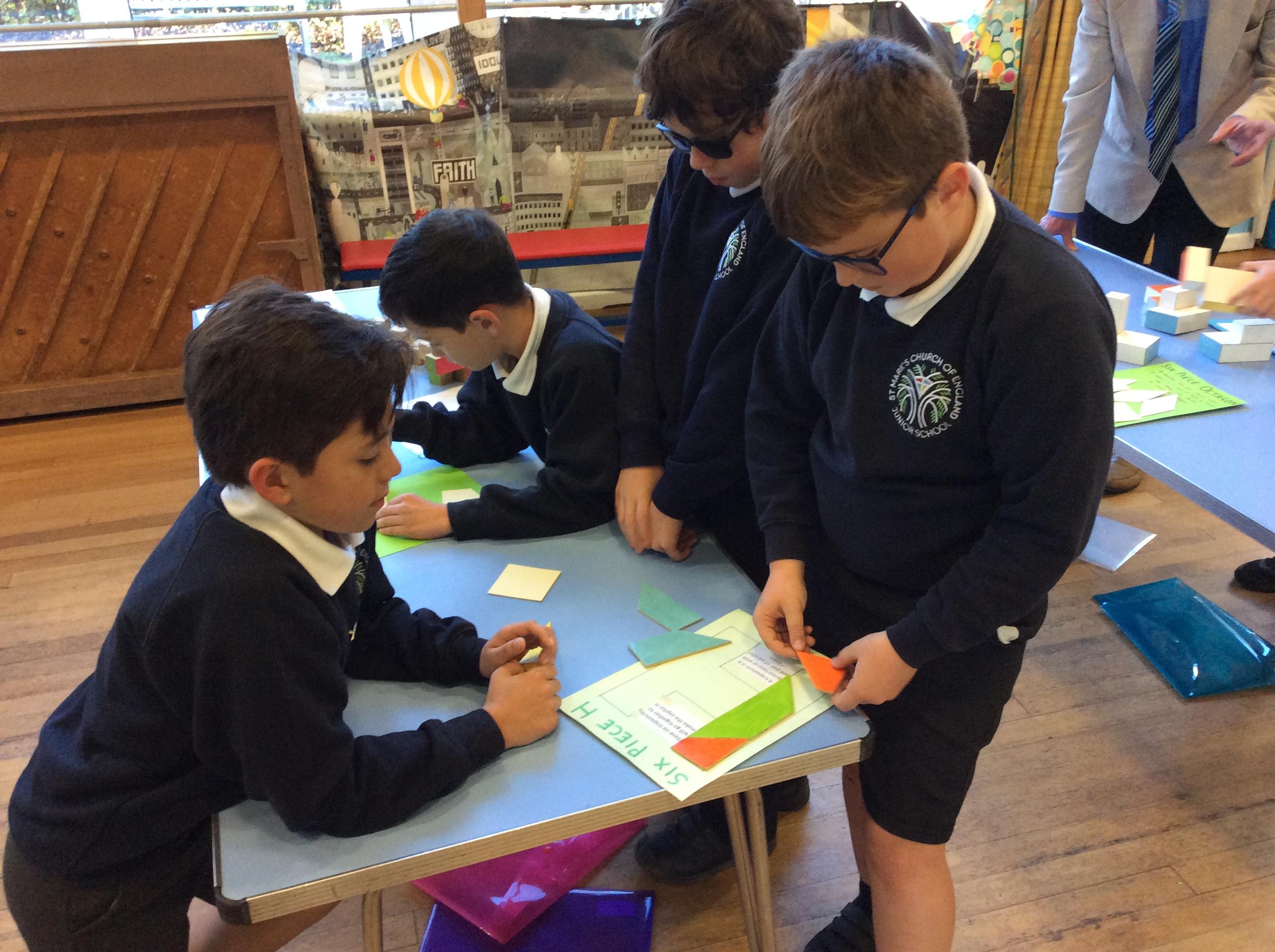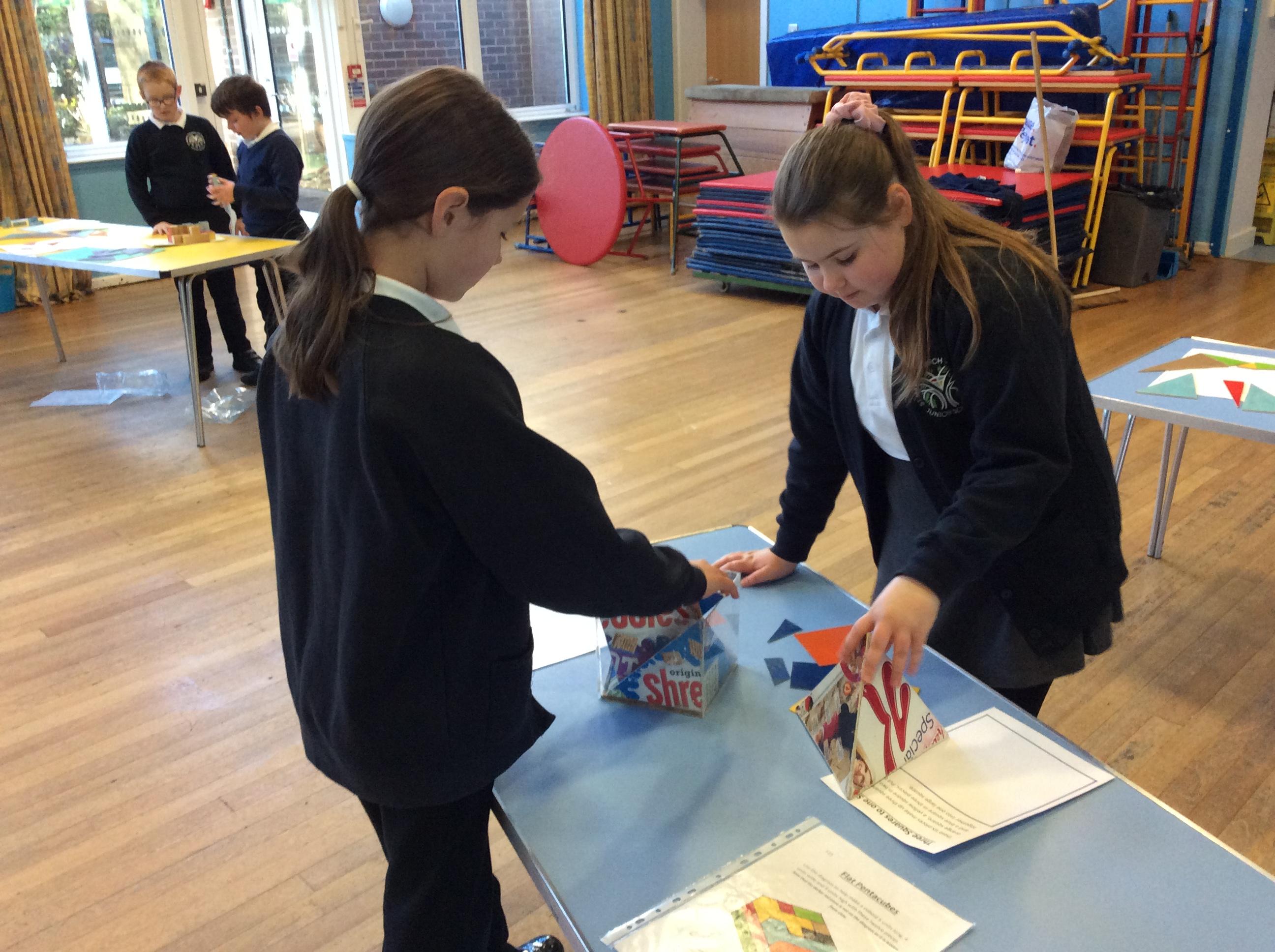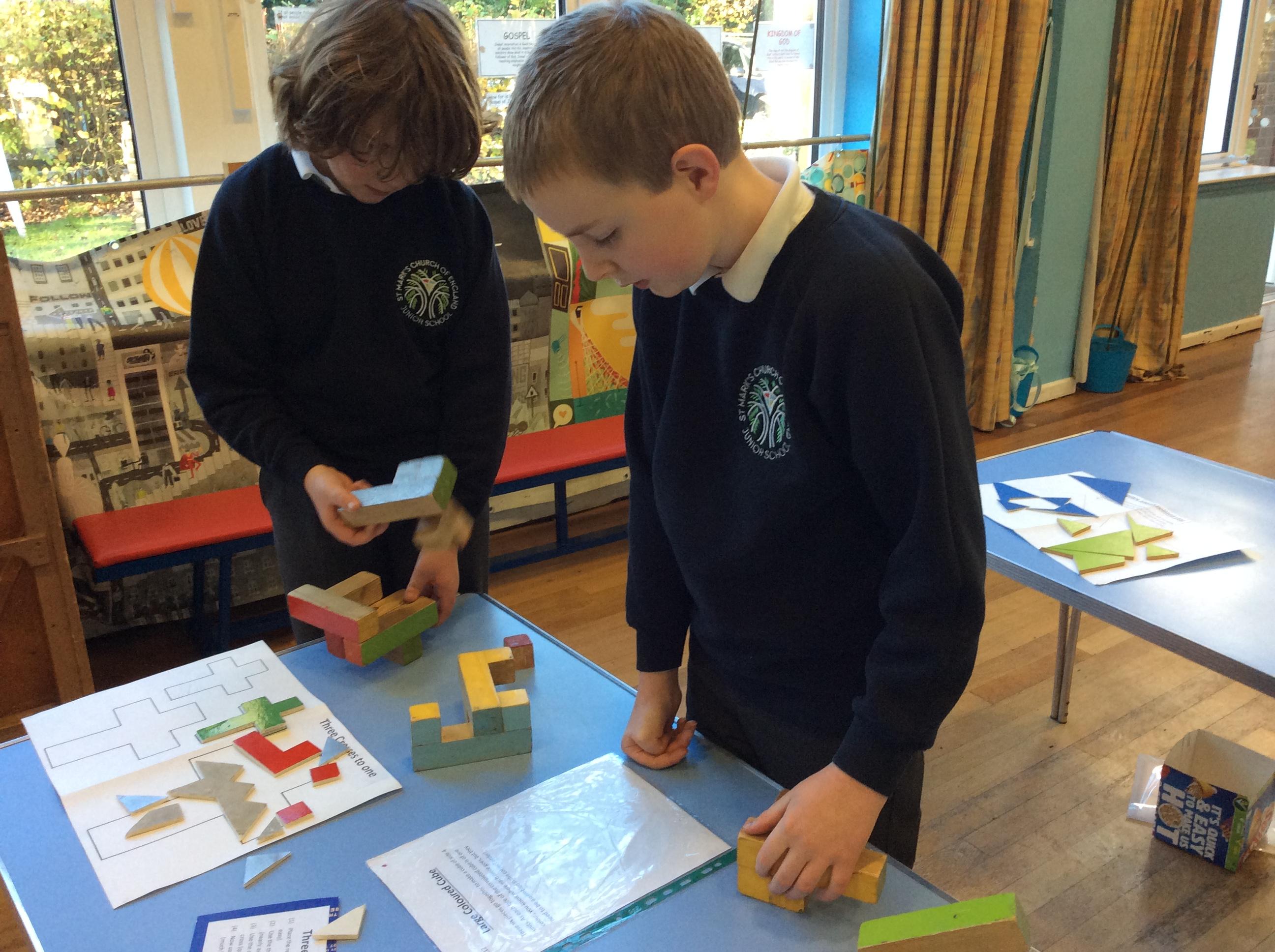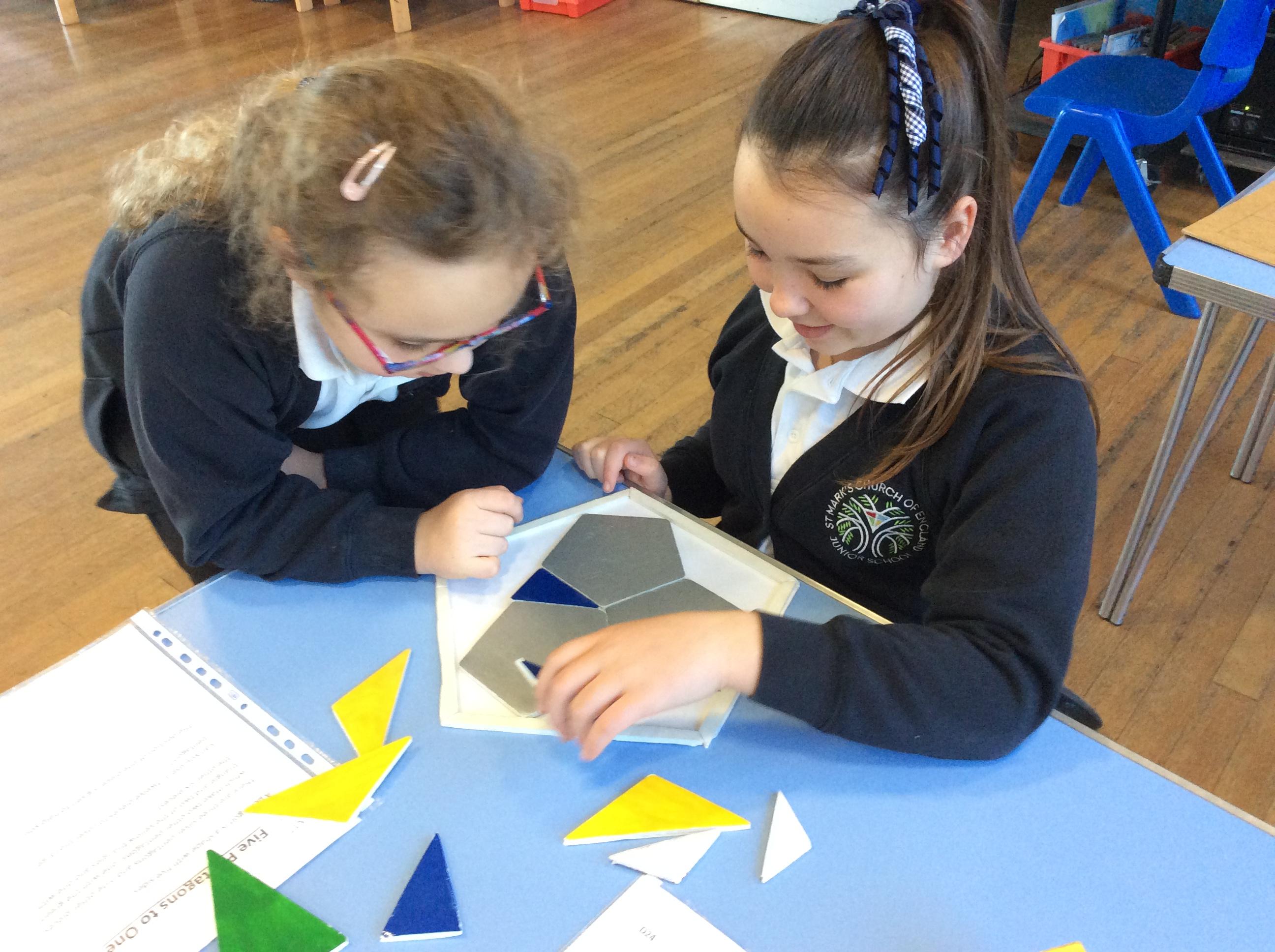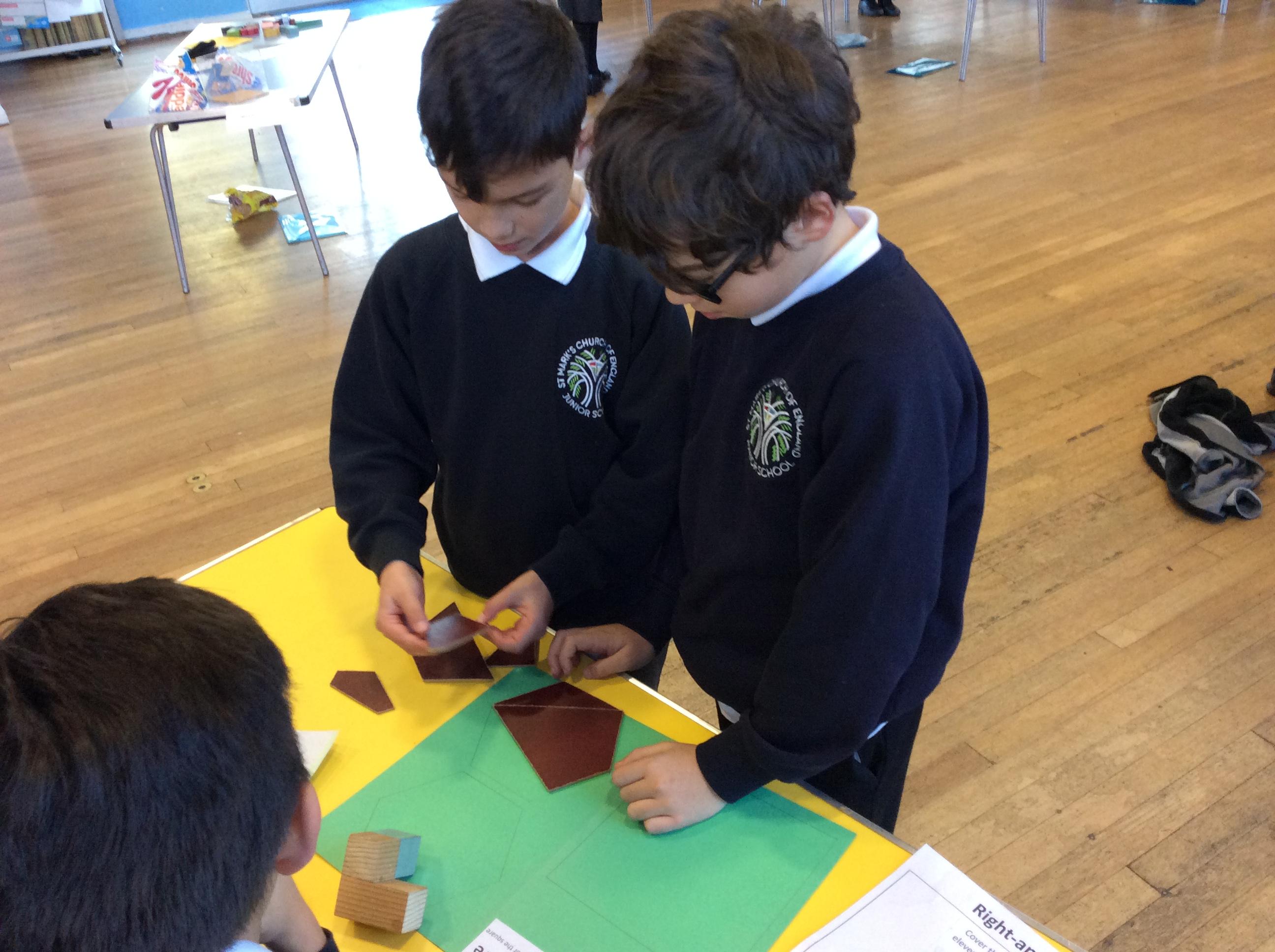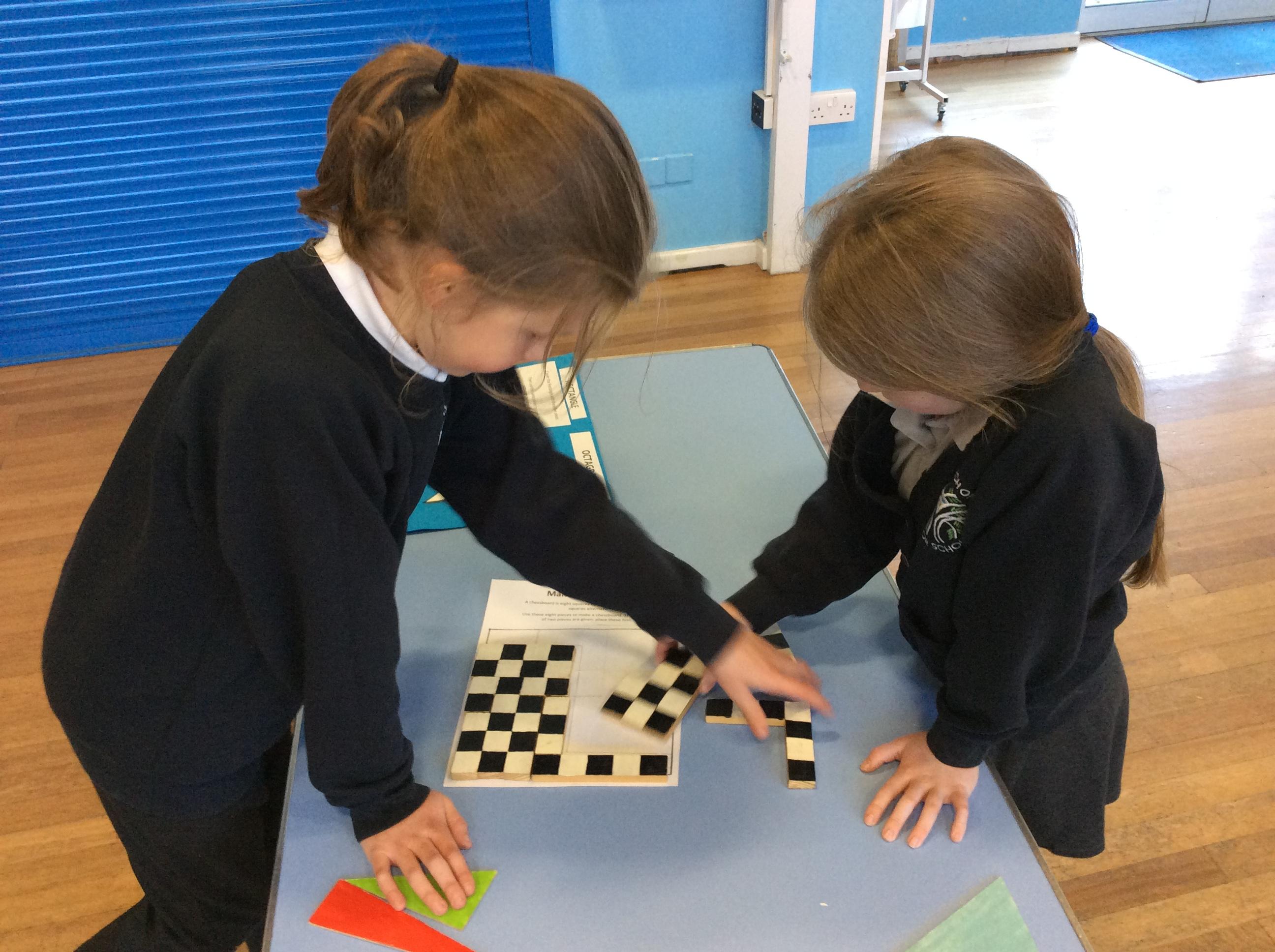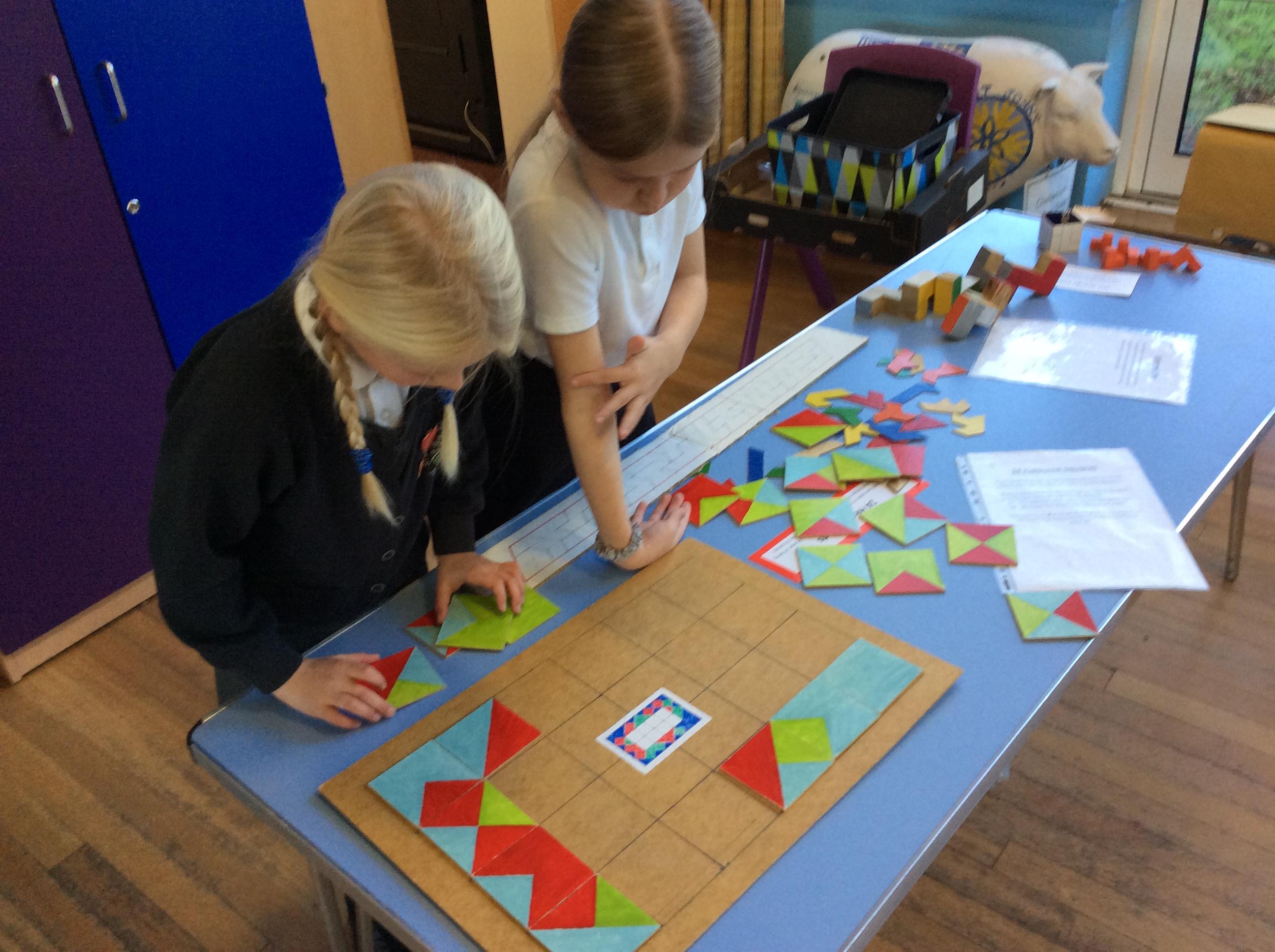Maths
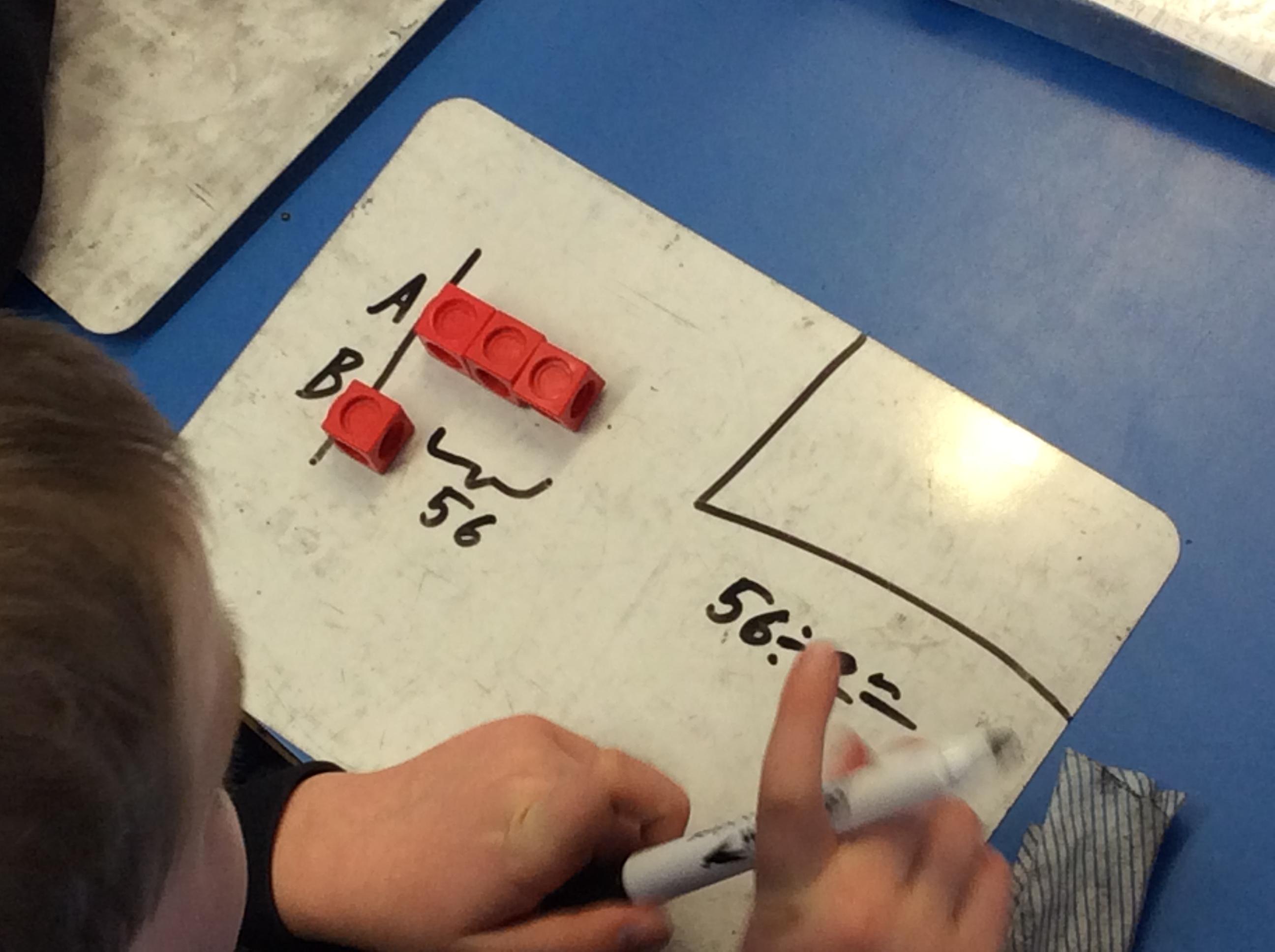
Vision:
At St Mark’s, our Mathematics mastery curriculum strives to enable children to aspire to achieve excellence. Mathematics teaches us how to make sense of the wider world through an ability to calculate, to reason and to problem-solve. By developing children’s resilience in these areas, we endeavour to develop a positive attitude towards the subject and one where children have the ambition to use their knowledge in new and unfamiliar situations.
Our aim is that children will:
- Be fluent in their recall of number facts and the number system.
- Calculate accurately both mentally and using written methods.
- Apply their knowledge when reasoning mathematically.
- To have the resilience to solve problems.
- Make accurate use of a wide range of mathematical vocabulary.
- Be comfortable in celebrating mistakes and learning from them.
- Have an enjoyment of Maths to inspire a lifetime of learning.
Intent:
At St Mark’s, year group teams work closely together to build a curriculum that largely follows the White Rose scheme of learning which is adapted to the needs of our children. We seek to expose children to a wide variety of other rich materials including Nrich, I See Reasoning and CanDoMaths. Lessons follow a careful sequence of small steps which build upon prior knowledge. Our Calculation Policy enforces progression in written calculations which follow a concrete, pictorial, abstract approach.
Implementation:
Children will master concepts at their own level of understanding and pace. Those who grasp concepts quickly will move on to secure and deepen their understanding sooner whilst children who are not sufficiently fluent yet consolidate their understanding with additional practise and support.
Each lesson follows our three stages:
Try it – where children practise their understanding of the concept.
Secure it – where questions challenge how embedded the concept is, both in familiar and unfamiliar contexts. Addressing and identifying misconceptions are a key component of these activities. Question stems include: True or False? Always, Sometimes, Never. Convince me. What is it? What is it not? Odd One Out.
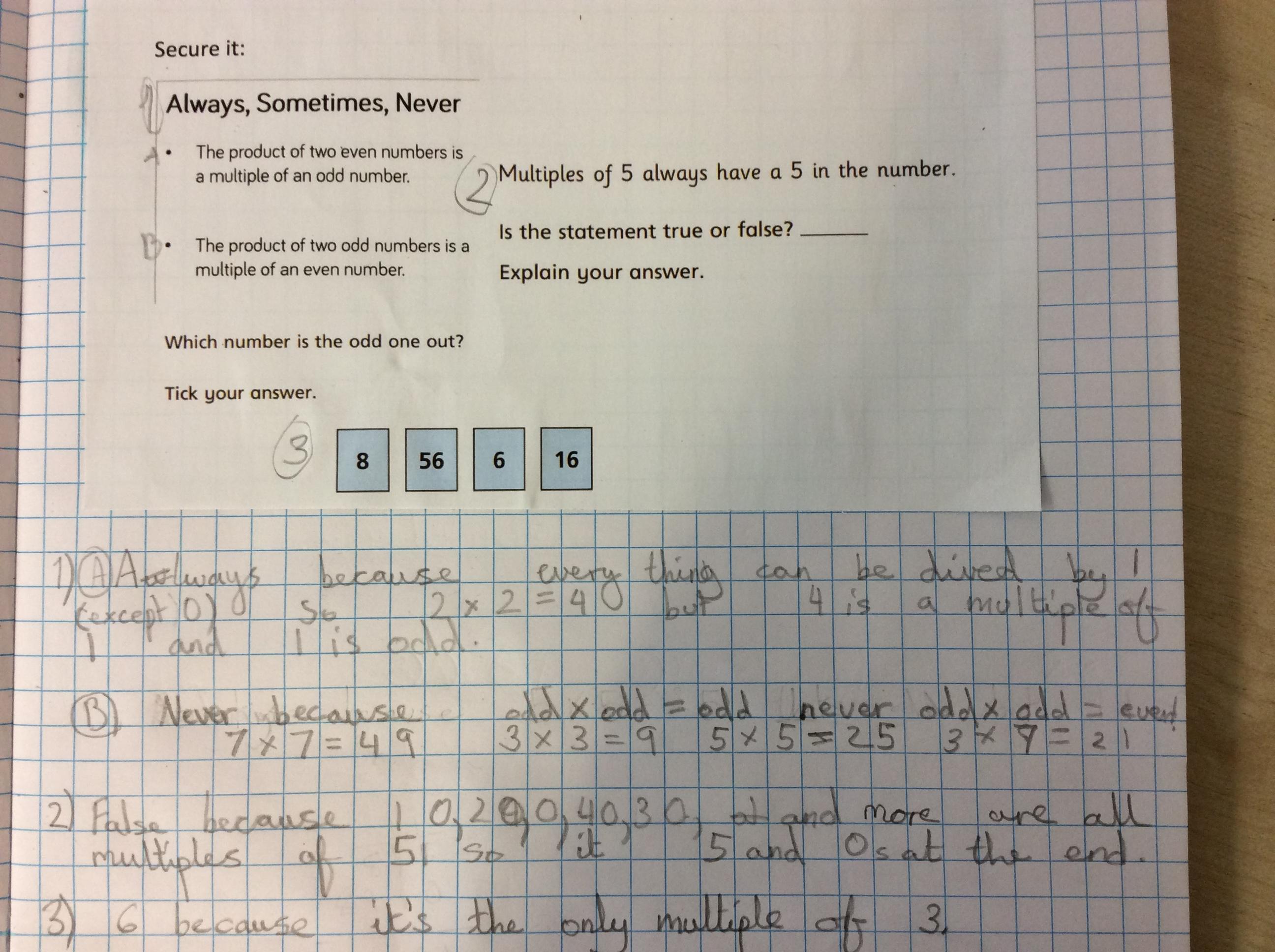
Deepen it – where understanding of the concept is applied through problem solving.
Following a successful trial with Year 5, we have now introduced Maths Meetings which are held each week at a separate time of the day from the main Maths lesson focus upon securing children's fluency in previously taught concepts. These sessions have a particular focus upon number. Sessions may include: four rules of number, previously learnt concepts and ten questions in ten minutes a wide range of topics. Gaps in previously taught content may also be addressed for individuals.
Times Tables
There is an expectation that all children are fluent in their tables by the end of Year 4. We carefully track tables knowledge through half termly assessments in Year 3 and 4. Any identified children in upper KS2 are targeted with interventions. The children participate in a daily timed test and pupils self assess whilst recalling answers as a chant. In addition, children have a weekly tables test based on their learning of the tables facts and related division facts in the lesson and for homework. Furthermore, children have access to Times Tables Rock Stars to further engage and support fluency.
A bank of resources is available in every classroom which are utilised by both children and teachers alike.
Working walls also form a source of guidance reflecting the learning journey for the current mathematical strand that is in focus, relevant vocabulary and a celebration of misconceptions.
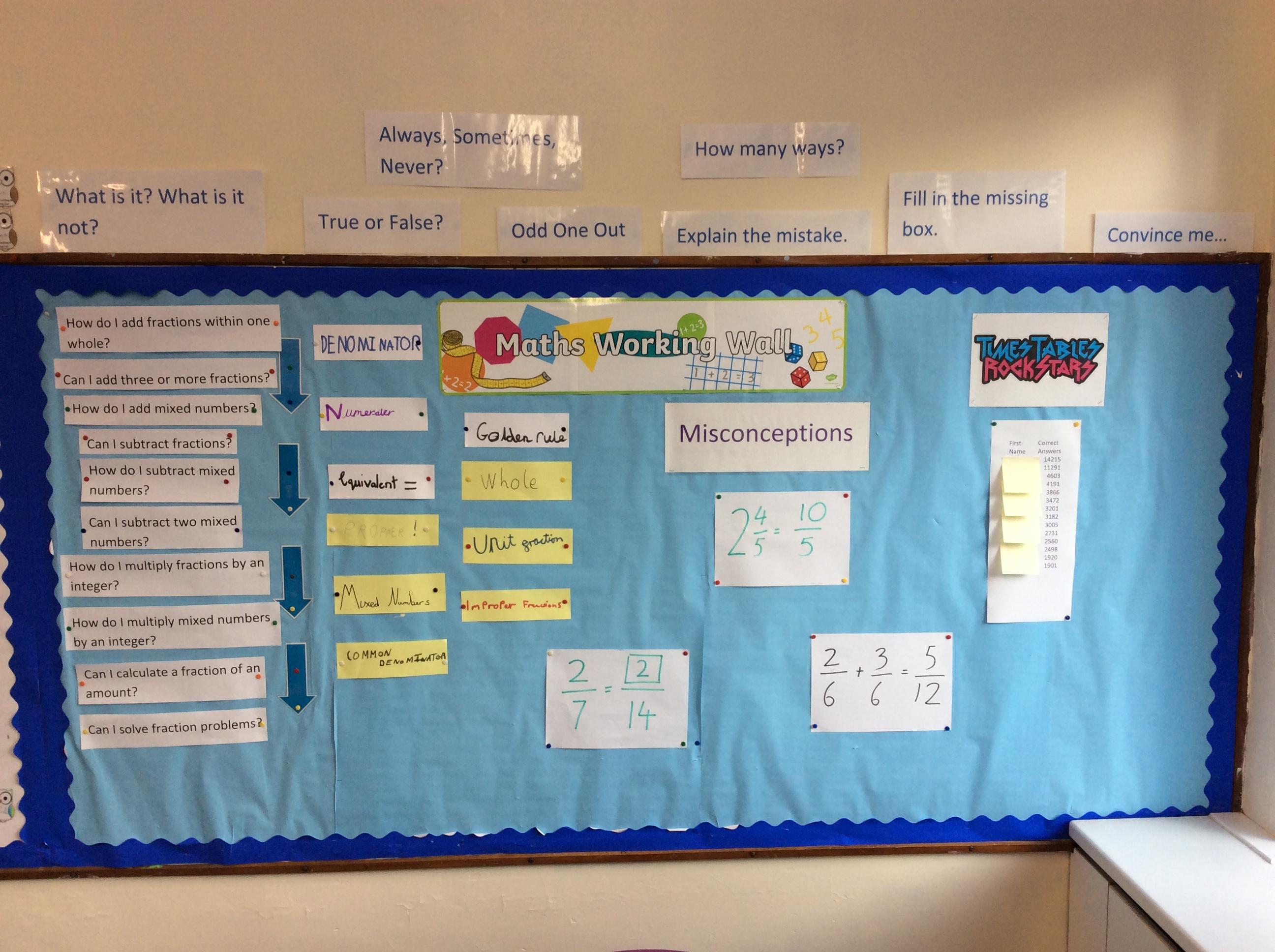
Feedback is provided to children at the point of learning so that any misconceptions can be addressed before moving on to the next stage of learning. Misconceptions are shared, and celebrated, to enhance learning opportunities for all. Teachers track attainment through two assessment points throughout the year alongside individual objectives throughout the academic year. For those children who find maths challenging, resilience will be sought from appropriate interventions and relationships developed with supporting adults to secure progress in an environment of celebrating success.
Year 5 solving geometric puzzles
Times Tables Rock Stars
Times Tables Rock Stars is an online game where the children can take part in answering recall questions either individually or against their friends in an engaging way. This can be accessed on tablets or laptops.
Each week, Times Tables Rock Stars will be set according to the times table that is being learnt for their homework. Although it is not compulsory for your child to use Times Tables Rock Stars, we hope that it will provide a fun way of improving their speed of recall should they wish to.

